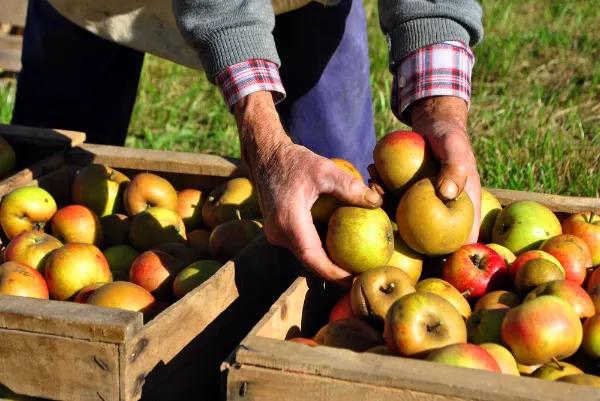Hungarian agriculture
Turning point: Hungary quietly opens farmland market to financial investors with Christmas law change

Apple harvest in Hungary plummets to record low amid extreme weather conditions

Hungary battles EU over planned billions in agriculture cuts

National agriculture expo opens in Budapest – photos

Opposition slams demolition of historic agriculture ministry as ‘corrupt monument destruction’

Hungary blocks sale of local dairy company to foreign investor

Terrible: Hungary can become a wasteland very soon!

Hungary extends ban on Ukrainian farm products: here’s why

Vanishing farmland: Hungary’s semi-desert on the brink of agricultural collapse

Good news: Summer harvest successfully completed in Hungary – UPDATED: Sweet corn yield

Hungarian agriculture giant teams up with Kazakhstan for major expansion

Hungarian farmers protest in Budapest and Brussels: what are their demands?

Orbán cabinet slams EU’s preferential treatment for Ukrainian farmers

‘Outdated, feudal agriculture’? EU and Hungary clash over the future of farming

Food safety at risk? Hungary joins revolt against controversial EU-Mercosur agreement

Hungary’s most popular lakes at risk due to severe water shortage – Lake Balaton also under threat

As drought devastates crops, Hungary fails to tap its lifesaving water reserves

Hungary wheat harvest could reach 4.5m tonnes





 ZH
ZH IT
IT DE
DE HR
HR NL
NL FR
FR JA
JA RO
RO RU
RU ES
ES TR
TR
